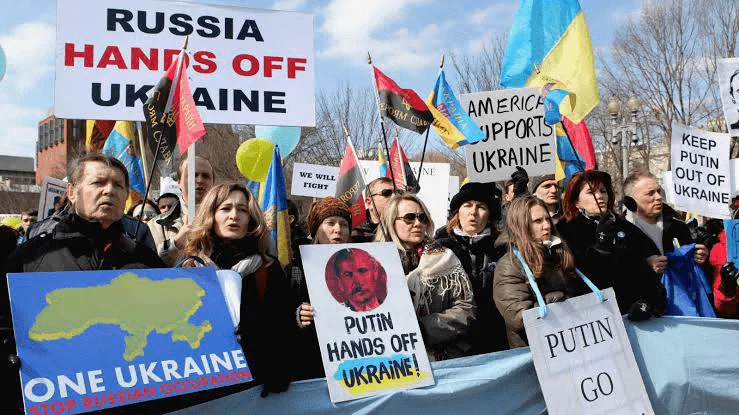Crypto transactions were likened to “deceptive or contrived transactions or deals” in an attempt to dodge US sanctions, according to Treasury Department rules.

The Treasury Department and, according to reports, the White House have issued a warning to US-based businesses and people not to support crypto transactions addressed to specified Russian nationals and banks.
U.S. residents may not use digital currencies to benefit Russia’s government — including the country’s central bank — as an attempt to dodge US sanctions imposed in response to the invasion of Ukraine, according to Treasury Department regulations slated to take effect on March 1.
In an attempt to avoid punishment, the instructions linked crypto transactions to “deceptive or contrived transactions or deals.”
Treasury Secretary Janet Yellen stated that the moves were taken to “substantially limit[ing] Russia’s ability to use assets to finance its disruptive operations, and target[ing] the finances Putin and his inner circle rely on to enable their invasion of Ukraine.”
The extra steps against Russian businesses were permitted under Executive Order 14024, which permits the Treasury Department to apply sanctions based on “harmful foreign acts, including violations of well-established principles of international law,” according to officials.
President Joe Biden announced on Feb. 24 that the US and its allies would impose sanctions on five large Russian banks as well as a number of wealthy Russians who had “enriched themselves at the expense of the Russian state.”
The European Commission announced on Sunday that it planned to suspend the country’s sanctioned banks from the SWIFT cross-border payment network as the Ukraine invasion continues and policymakers appear to be exploring for other measures to financially dissuade the Russian government.
Despite the fact that crypto is listed as one way for Russia to escape sanctions, at least one Treasury official is said to have said that digital currencies are unlikely to impede international efforts.
According to a Friday Politico report, Todd Conklin, advisor to the deputy Treasury secretary, said the market would see “a bit more of a jump” if the Kremlin laundered substantial sums of cryptocurrency through exchanges.
However, in the 24 hours following Conklin’s comments, the price of Bitcoin (BTC) increased by more than 11% to $41,624.
According to a Monday Bloomberg story, the White House has also asked crypto exchanges to prohibit Russian individuals and firms sanctioned by the US and its allies from utilizing digital assets to get around these limitations.
Officials have allegedly stated that cryptocurrencies are not a substitute for the US currency in Russia, but that authorities will fight any misuse of digital assets in order to evade sanctions.
Mykhailo Fedorov, Ukraine’s minister of digital transformation, requested crypto exchanges to restrict Russian users’ addresses, according to Coinscreed.
Binance, on the other hand, stated that it would not “unilaterally freeze millions of innocent customers’ accounts,” while Kraken stated that the exchange would not intervene “unless compelled by law.”
